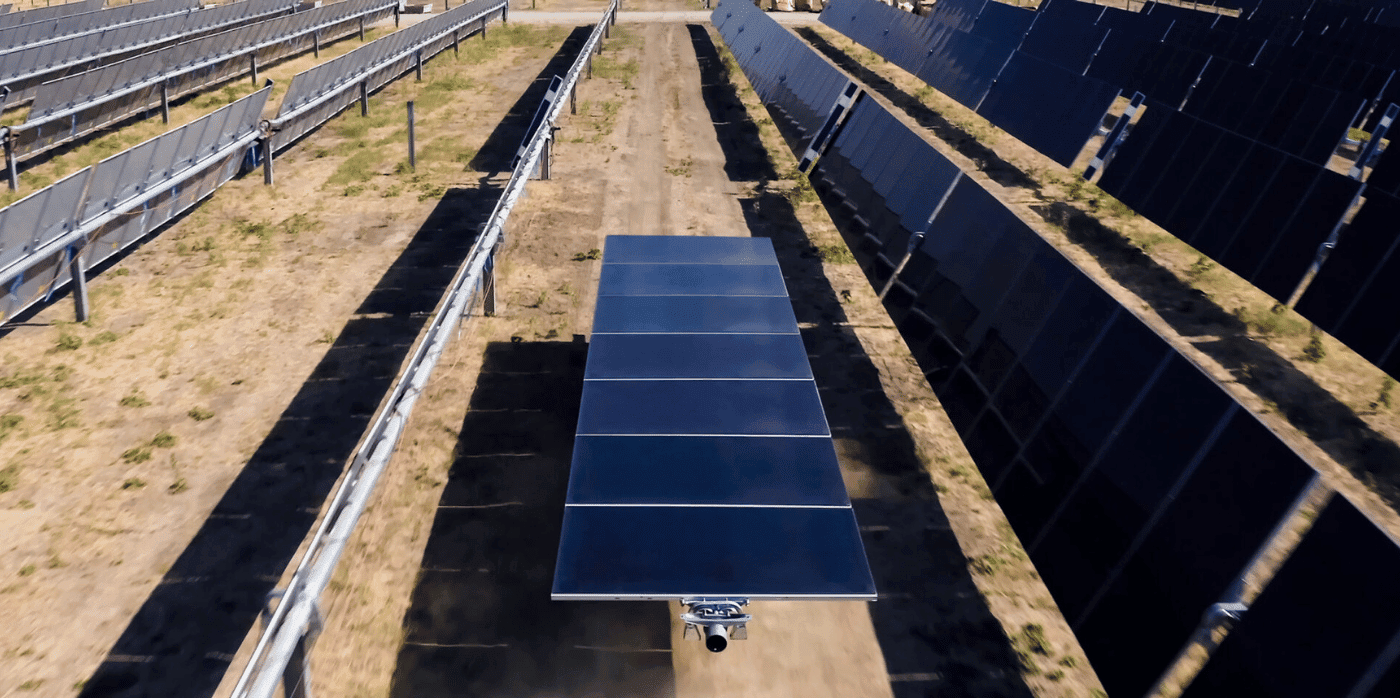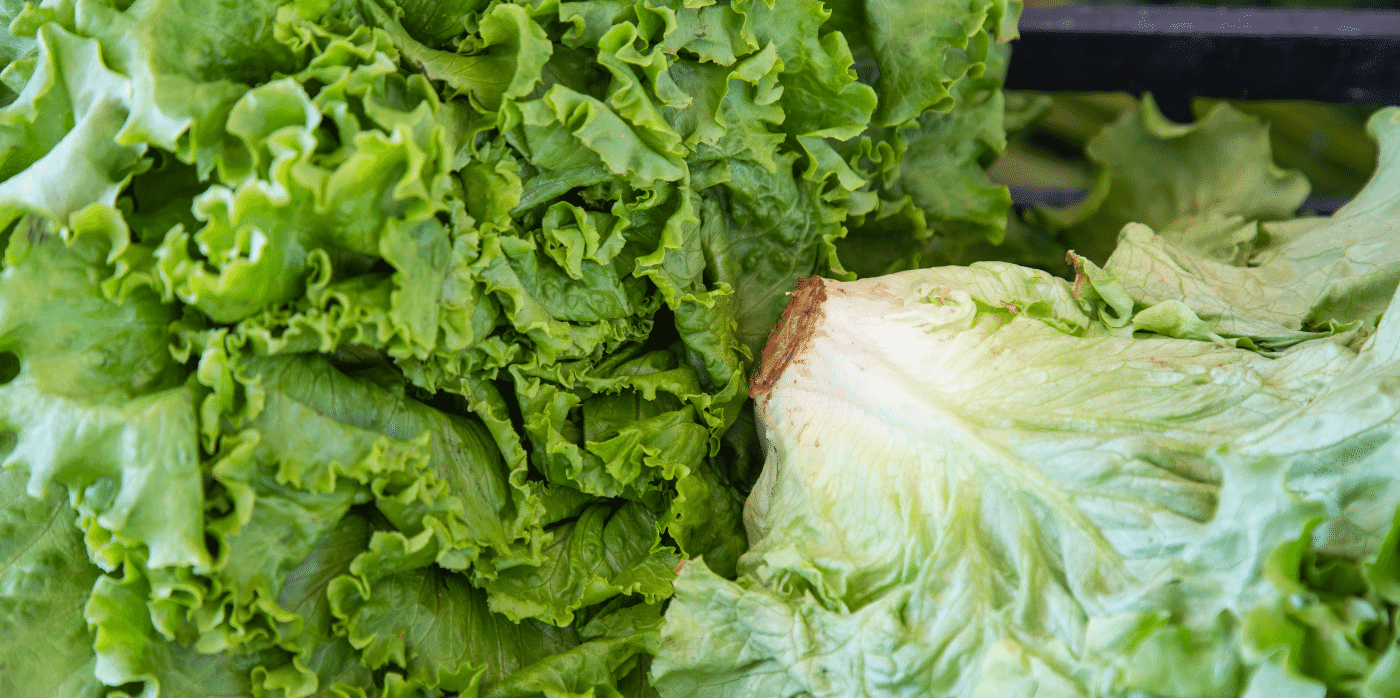A digital field factory speeds up the construction of solar farms

Spotted: As the global community seeks ways to scale solutions as part of the commitment to net-zero emissions by 2050, experts agree that terawatts of renewable energy are needed. Scaling solar is the mission of California-based company Terabase Energy. With more than 50 terawatts of solar energy needed as quickly as possible in order to achieve world decarbonisation goals, the company recently introduced the world’s first automated field factory for solar farm production.
Terabase works as the lead construction partner for utility-scale solar plant projects, providing everything from performance modelling and terrain mapping, to in-the-field manufacturing and grid-friendly plant management technologies. The new factories, called Terafab, use robotics-assisted construction, IoT-connected (Internet of Things) sites, and round-the-clock capability.
By using a digital twin of the solar plant location, Terabase’s systems help developers make the most of limited resources. The Terabase platform can reduce the time engineers need to spend on site by up to 40 times, and its simulation ability helps plant managers track and predict voltage outputs for multiple years.
The Terafab factories greatly reduce safety risks to human workers by eliminating the need for them to lift and carry heavy panels in harsh weather conditions. The automated aspect means that the construction of a plant can run continuously, thereby reducing the overall time and cost of development.
Terabase opened its Terafab manufacturing facility – a “factory to make factories” – in Woodland, California earlier this year. The company also recently raised $25 million (around €22.3 million) to support its expansion, and has several commercial projects lined up later in the year that will use Terafab for their construction needs.
Other innovations from Springwise’s archive that showcase developments in the photovoltaics field include a fully circular and open-source solar cell design and solar-powered cooling sheds for communities without access to steady refrigeration.
Written By: Keely Khoury



